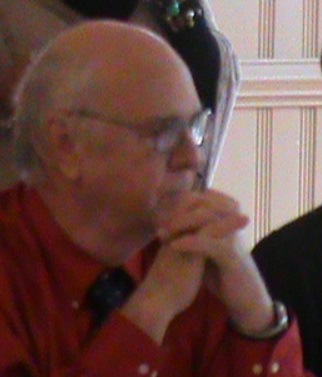
UPDATED 10:25 P.M. EDT U.S.A. The trial for accused Ponzi schemer Paul R. Burks of Zeek Rewards now has been set for May 2016.
Burks, 67 at the time of his indictment in October 2014 on charges of wire and mail fraud, wire- and mail-fraud conspiracy and tax-fraud conspiracy, argued successfully that he needed more time to prepare.
Prosecutors in the Western District of North Carolina hoped for a November 2015 trial date. Burks asked the court to delay trial until September 2016.
U.S. District Judge Max O. Cogburn Jr. somewhat split the difference. In an order dated yesterday, Cogburn set the trial for the May 2016 calendar term, advising attorneys for both sides to be prepared to pick a jury.
“The parties are advised that absent some unforeseen contingency, this action will be the first matter on for trial during the May 2016 term and will be tried to completion during that term, which may be extended,” Cogburn wrote. “The parties should be prepared to pick a jury on the second day of that term.”
Cogburn noted that Burks has waived his right to a speedy trial and that discovery in the case is voluminous.
In the earliest days after the SEC’s civil action against Burks and Zeek in August 2012, some Zeekers planted the bizarre story that Burks had hired country-bumpkin lawyers who railroaded him.
In the order yesterday, Cogburn said Burks’ counsel has been “excellent.”
“In addition to the reasons given for continuance under the Speedy Trial Act, the court has conducted a separate inquiry with defendant concerning his Sixth Amendment right to a speedy trial, informing him that the extension he seeks exceeds a year and that, if he so requested, the court would be able to try this case sooner,” Cogburn wrote.
“After such inquiry, the court is satisfied that the defendant understands his Sixth Amendment right to a speedy trial and has knowing sought an extension exceeding a year so that he can better prepare for trial or another resolution of this matter,” the judge continued. “Further, the court determines that such request: (1) is informed as he has been advised by excellent counsel; and (2) is a reasoned decision based on the volume of discovery, the seriousness of the charges, and the time needed to digest such material and consider legal options.”
NOTE: Our thanks to the ASD Updates Blog.